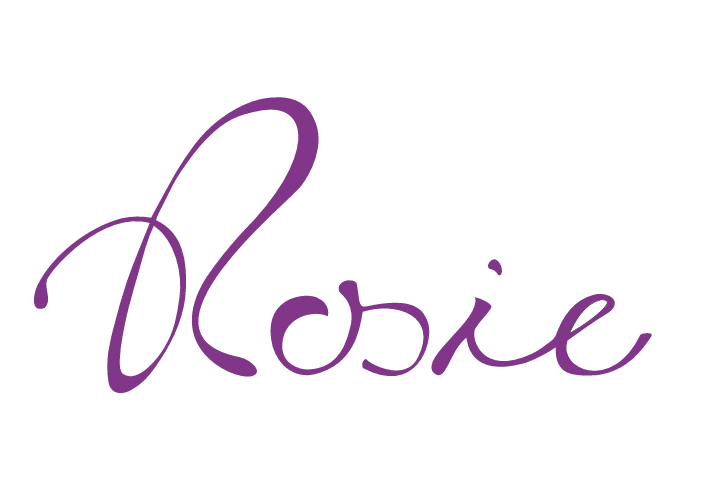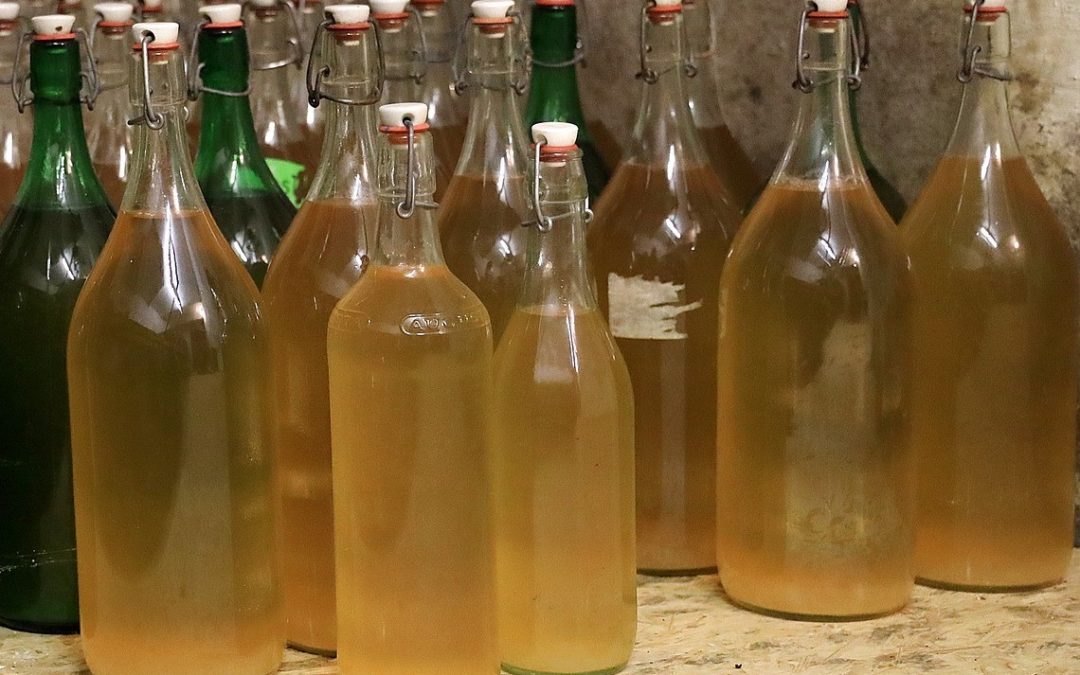Waaaaay back in 2001 I read a book that influenced me enormously. If we’ve met over a cup of tea since then, you’ll probably know its title. You certainly will if you’ve come for dinner. My two sons say all the dinner parties of their teenage memories were punctuated with conversations arising from the themes of this book. I can still hear their wearied voices and see their eyes rolling, ‘Here comes Bowling Alone’, as they excused themselves from the table.
The full title is Bowling Alone: The Collapse and Revival of American Community. Its author, sociology professor Robert Putnam, presented data that showed how connection between people had massively declined over 50 years, from 1950 to 2000.
Putnam’s words fully-tripped my dopamine responses. I was stamped with three unforgettable messages:
- The decline in interpersonal connection was massive – 60-80% measured across multiple sources – and still going down! Putnam showed that the generations living through the World Wars had very high interpersonal connection. He called it ‘social capital’. He showed how this strengthened their communities, opportunities and happiness.
Notably, his data did not include the influence of the personal computer!
Way back in 2000, this machine wasn’t in everyone’s home, satchel, pocket, or hand. It was too early to empirically demonstrate its impact on human connection. Though plenty of scholars and others were joining ideas and following trajectories of thought about how things might unfold. Many predicted connection might continue on a downward slide.
- There was a simple statement somewhere in the midst of the book: If we’re losing connection with others, we’re losing something too valuable. The price is too high.
I agree.
Looking back, I realise I read Bowling Alone with low-level horror. It definitely ignited a desire to more fully understand these sociological influences on my work as a speech pathologist. And to do better. The trepidation had me reading furiously into the night, speeding to the end where some resolution and hope may be projected. There was a little bit. Of hope that is.
- Putnam posed questions he could not answer: to forge deep connections that strengthen community, do we need the moral equivalent of war? And if so, what is that?
I think we’ve just lived (and are still living) through some cousin of war.
COVID fell down upon us in a way that I imagine the fall of war might be experienced. An invisible, insidious, devastating, unknown enemy out there changing the things we’ve known – this one without a human face. This enemy was a monstrous, cold and indifferent fact. We had to pull together. And we did. And we do.
When I stay at home, I help my community; when they stay at home they help me.
It all feels like service to me; serving something beyond myself. Community. Loved ones. Newly-met ones. Unknown ones. And everyone was, and still is, talking about kindness.
Kindness burst out of us all like hyacinths in the spring. Bloom and scent. Motivational words were redundant. A living dormant thing was in us all and the season called forth its flowering. Sure, we groaned as the strong shoots forced through the woody habit of the complacent bulb. It wasn’t all perfume. We shouted at the kids, withdrew to a corner of the couch, slammed some doors. Yet other things, truly at our centre, emerged. Holding on, helping out, yielding to help, asking for it, crying tears.
The danger and non-discrimination of COVID gave and gives us a refresher: that purposeful community and open one-on-one connection have beauty in their depths; yielding kindness, gratitude, patience and good health.
At my place we made cider for the first time. My lads (and wives and kiddies) were locked down with us. As we were picking apples, one son reflected “I think this is how humans are meant to live. In small groups. Labouring with common aims. Slow work; to think and converse.”
One dinnertime, the other son offered: “So what was it about Bowling Alone for all those years, Rosie?”
It was about connection. How fragile and robust it is. And how a disruptor might renew in all of us a deep knowledge of its value.
And there wasn’t a rolled eye, a wearied tone, or any son excusing himself from the table!
A version of this blog first appeared in The Mercury, in August 2020

